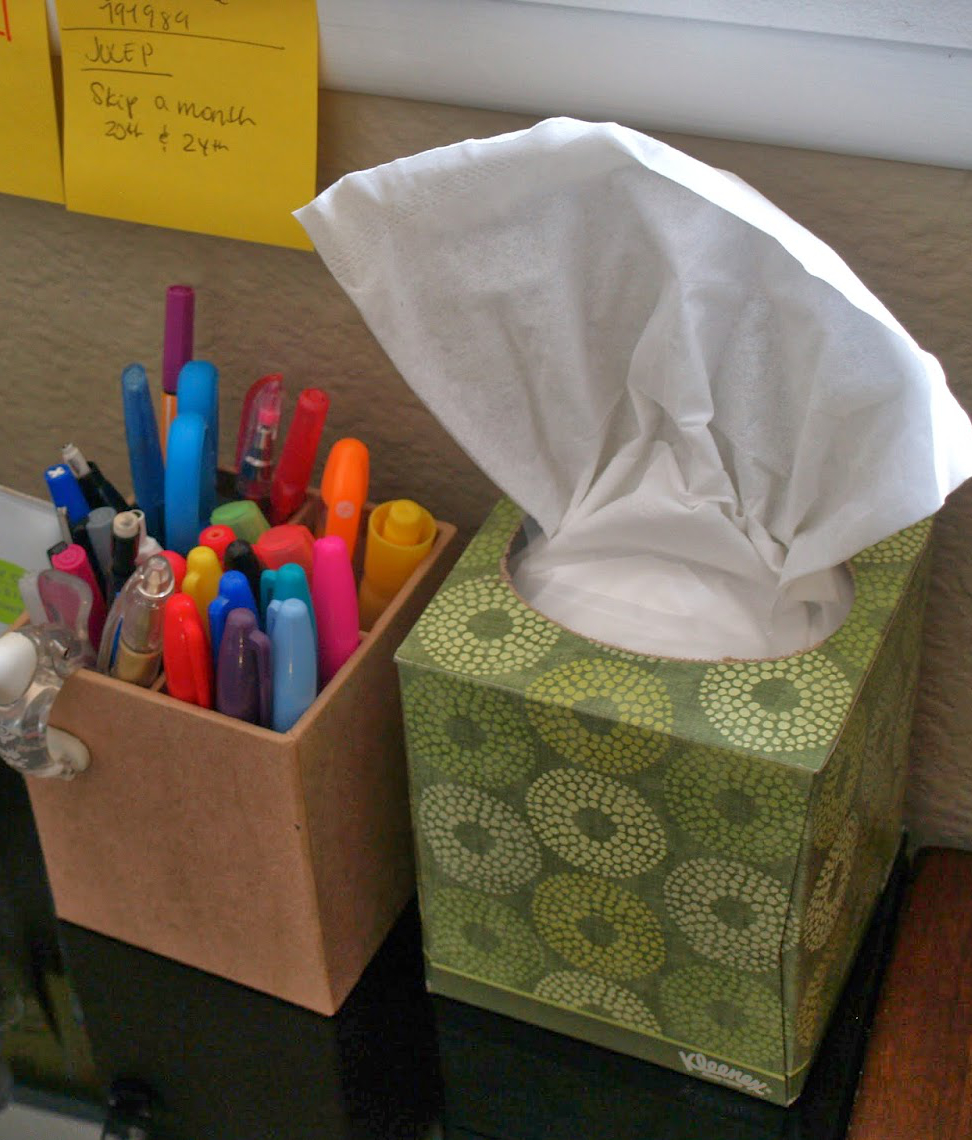DHS fighting excessive sickness

The Department of Human Services (DHS) has among the highest rates of sick days being taken across the public sector.
DHS workers each took over 22 days on average in “unscheduled absence” in the 2015-16 financial year, compared to the full Australian Public Service average of just 11.5 days per year.
But over half of the DHS staff took fewer than 10 days on average, suggesting a minority of employees are taking serious time off.
The department has tried to get serial absentees to fill out “attendance plans” in the hope of cutting the rate of no-shows.
“The use of attendance plans is one of a suite of tools used by the department to support managers to work collaboratively with staff to maintain a positive attendance culture and reduce unscheduled absences,” a DHS spokesperson told reporters this week.
“The department does not mandate the use of attendance plans and does not centrally collect data on their usage.
“Anecdotal evidence indicates, however, that the use of attendance plans can help staff, particularly when they are returning to work as a result of illness.”
But the Community and Public Sector Union (CPSU) has told its members at DHS that they are entitled to privacy about personal matters.
The union says bosses can reasonably ask questions if they suspect misuse of entitlements, but draws the line at attendance plans.
“First and foremost the department must protect your privacy,” a union bulletin reportedly told workers.
“You do not have to disclose personal information such as an illness.
“DHS can not take adverse action against you if you used personal leave legitimately.
“Attendance plans or support plans are not in your enterprise agreement and you don't have to sign a plan.”








 Print
Print